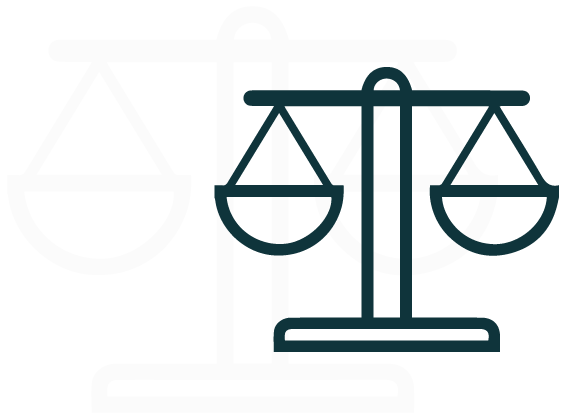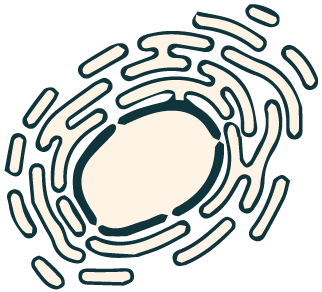This website uses cookies to ensure you get the best experience on our website.
- Table of Contents
Facts about Serine/threonine-protein kinase PAK 4.

Phosphorylates and inactivates the protein phosphatase SSH1, leading to increased inhibitory phosphorylation of the actin binding/depolymerizing factor cofilin. Reduced cofilin activity may lead to stabilization of actin filaments.
| Human | |
|---|---|
| Gene Name: | PAK4 |
| Uniprot: | O96013 |
| Entrez: | 10298 |

| Belongs to: |
|---|
| protein kinase superfamily |

EC 2.7.11; EC 2.7.11.1; KIAA1142; p21 protein (Cdc42/Rac)-activated kinase 4; p21(CDKN1A)-activated kinase 4; p21-activated kinase 4; PAK4; PAK-4; protein kinase related to S. cerevisiae STE20, effector for Cdc42Hs; serine/threonine-protein kinase PAK 4
Mass (kDA):
64.072 kDA

| Human | |
|---|---|
| Location: | 19q13.2 |
| Sequence: | 19; NC_000019.10 (39125786..39182816) |
Highest expression in prostate, testis and colon.
Cytoplasm. Seems to shuttle between cytoplasmic compartments depending on the activating effector. For example, can be found on the cell periphery after activation of growth-factor or integrin-mediated signaling pathways.





PMID: 9822598 by Abo A., et al. PAK4, a novel effector for Cdc42Hs, is implicated in the reorganization of the actin cytoskeleton and in the formation of filopodia.
PMID: 11278822 by Gnesutta N., et al. The serine/threonine kinase PAK4 prevents caspase activation and protects cells from apoptosis.